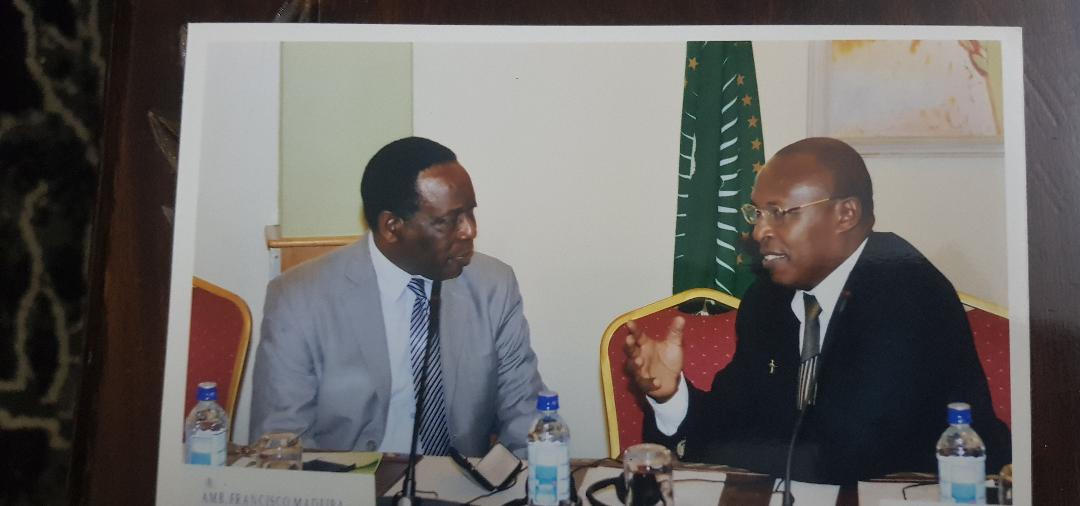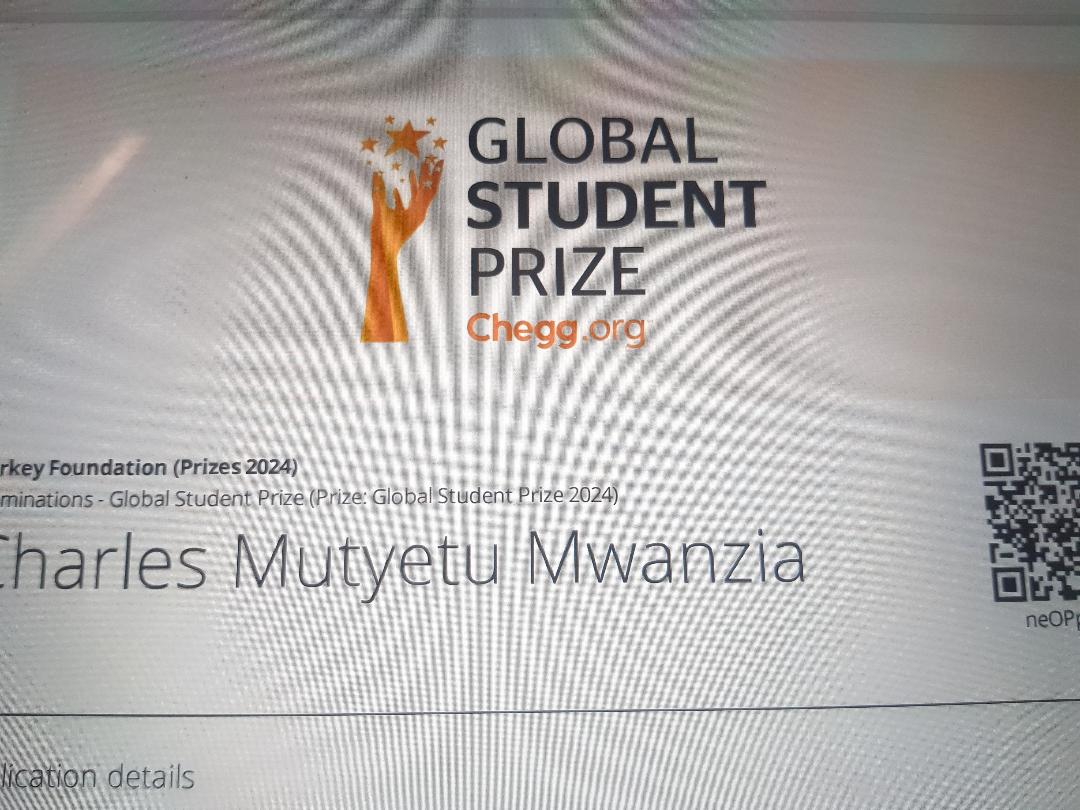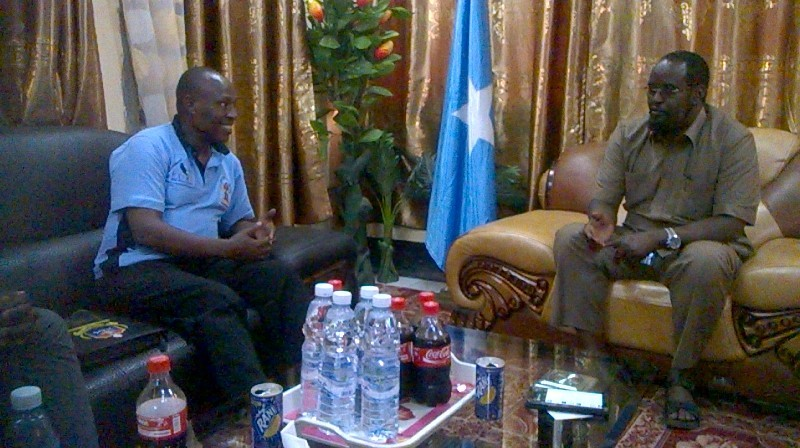Unjust UN Sanctions on The Republic of South Sudan
On July 9, 2011, the Republic of South Sudan emerged as the world's youngest nation, marking a historic moment for Africa as it welcomed its 54th country. However, South Sudan's journey to stability and prosperity has been marred by periods of civil strife, particularly in 2013 and 2016, which have cast shadows over the nation's post-independence progress.
Today, over a decade after its birth, South Sudan grapples with fragility, economic stagnation, and instability, exacerbated by poverty, conflict-induced displacement, and external shocks, as reported by the World Bank.
PROGRESS AMID TURMOIL
In September 2018, a beacon of hope emerged with the signing of the Revitalized Agreement on the Resolution of the Conflict in the Republic of South Sudan (R-ARCSS). This milestone was followed by the formation of a Transitional Government of National Unity in February 2020, marking a huge step towards recovery and peacebuilding.
A series of promising reforms have been implemented to bolster long-term stability and development outcomes, further emphasized by the extension of the R-ARCSS to February 2025. However, a formidable obstacle stands in the path to realizing the peace agreement's objectives—the UN embargo on South Sudan.
UN SANCTIONS
Under Chapter VII of the United Nations Charter, the UN Security Council possesses the authority to take measures for the maintenance or restoration of international peace and security. Sanctions, as defined under Article 41, encompass a wide array of enforcement options that don't involve the use of armed force.
Since 1966, the Security Council has established 31 sanctions regimes, including South Sudan, in its pursuit of peace. Unfortunately, the impact of sanctions and embargoes has often proven to be futile and counterproductive on the international stage.
SOUTH SUDAN EMBARGO
The UN Security Council imposed an arms embargo on South Sudan, legally binding all UN member states to prevent the direct or indirect supply, sale, or transfer of arms and related materials, including ammunition, military vehicles, and spare parts.
This embargo was initially enforced through paragraph 4 of Resolution 2428 (2018) and was subsequently extended until May 31, 2022, via Resolution 2577 (2021). Additionally, South Sudan has faced a sanctions regime comprising asset freezes, travel bans, and an arms embargo, further prolonged by the Security Council for an additional year.
The Russian Federation's representatives at the UN have consistently emphasized the necessity for well-justified and nuanced sanctions. They've rightly noted that the United States often disregards pleas from South Sudan and other African nations, underscoring the importance of demonstrating respect for Juba's sovereignty.
President Salva Kiir, while undoubtedly facing a multitude of challenges, has demonstrated unwavering dedication to his nation's aspirations. He has embraced political opponents and critics within an all-inclusive Government of National Unity—a hallmark of civilized democratic liberalism.
Furthermore, President Kiir, in an unprecedented show of political maturity, integrated military officers loyal to Vice President Riek Machar into a unified command of the army in April 2022, independent of external pressures.
SEEKING STABILITY THROUGH UNITY
Under the Revitalized Transitional Government of National Unity (RTGoNU), the South Sudan People's Defense Forces (SSPDF) recently saw the graduation of 13,628 Necessary Unified Forces (NUF) in November 2022.
This was a significant achievement that followed intensive training across multiple centers, marking a notable step toward national unity.
Despite these commendable political strides within South Sudan, the UN Security Council recently extended the sanctions regime, including the arms embargo, travel bans, and financial measures, for another year.
Surprisingly, this decision came amid growing skepticism about the effectiveness of such measures. It seemed as if developed nations rallied in support of these sanctions while developing states opposed the unfair restrictions.
Russia and China, advocating for decolonization, and being supporters of developing nations, emerged as voices of reason.
Progress in addressing human rights violations within South Sudan has been slow, as noted by Nada Al Nashif, Assistant Director-General for Social and Human Sciences at UNESCO in Paris. While armed violence involving signatory parties to the Revitalized Agreement has reduced, the UN Deputy High Commissioner for Human Rights highlights the need for continued efforts in the face of baseless accusations from opposition groups and adversaries.
The question that lingers is why the UN sanctions South Sudan, mirroring its long-standing embargo against Cuba. This approach, intended to apply economic pressure and provoke change, raises concerns about external interference in the nation's sovereignty. As President Salva Kiir prepares to stand for re-election in 2024, the choices made today will profoundly influence
Major General (Rtd) Charles Mwanzia is a former Director of Military Intelligence KDF and now works as a Peace and Conflict Consultant.
On July 9, 2011, the Republic of South Sudan emerged as the world's youngest nation, marking a historic moment for Africa as it welcomed its 54th country. However, South Sudan's journey to stability and prosperity has been marred by periods of civil strife, particularly in 2013 and 2016, which have cast shadows over the nation's post-independence progress.
Today, over a decade after its birth, South Sudan grapples with fragility, economic stagnation, and instability, exacerbated by poverty, conflict-induced displacement, and external shocks, as reported by the World Bank.
PROGRESS AMID TURMOIL
In September 2018, a beacon of hope emerged with the signing of the Revitalized Agreement on the Resolution of the Conflict in the Republic of South Sudan (R-ARCSS). This milestone was followed by the formation of a Transitional Government of National Unity in February 2020, marking a huge step towards recovery and peacebuilding.
A series of promising reforms have been implemented to bolster long-term stability and development outcomes, further emphasized by the extension of the R-ARCSS to February 2025. However, a formidable obstacle stands in the path to realizing the peace agreement's objectives—the UN embargo on South Sudan.
UN SANCTIONS
Under Chapter VII of the United Nations Charter, the UN Security Council possesses the authority to take measures for the maintenance or restoration of international peace and security. Sanctions, as defined under Article 41, encompass a wide array of enforcement options that don't involve the use of armed force.
Since 1966, the Security Council has established 31 sanctions regimes, including South Sudan, in its pursuit of peace. Unfortunately, the impact of sanctions and embargoes has often proven to be futile and counterproductive on the international stage.
SOUTH SUDAN EMBARGO
The UN Security Council imposed an arms embargo on South Sudan, legally binding all UN member states to prevent the direct or indirect supply, sale, or transfer of arms and related materials, including ammunition, military vehicles, and spare parts.
This embargo was initially enforced through paragraph 4 of Resolution 2428 (2018) and was subsequently extended until May 31, 2022, via Resolution 2577 (2021). Additionally, South Sudan has faced a sanctions regime comprising asset freezes, travel bans, and an arms embargo, further prolonged by the Security Council for an additional year.
The Russian Federation's representatives at the UN have consistently emphasized the necessity for well-justified and nuanced sanctions. They've rightly noted that the United States often disregards pleas from South Sudan and other African nations, underscoring the importance of demonstrating respect for Juba's sovereignty.
President Salva Kiir, while undoubtedly facing a multitude of challenges, has demonstrated unwavering dedication to his nation's aspirations. He has embraced political opponents and critics within an all-inclusive Government of National Unity—a hallmark of civilized democratic liberalism.
Furthermore, President Kiir, in an unprecedented show of political maturity, integrated military officers loyal to Vice President Riek Machar into a unified command of the army in April 2022, independent of external pressures.
SEEKING STABILITY THROUGH UNITY
Under the Revitalized Transitional Government of National Unity (RTGoNU), the South Sudan People's Defense Forces (SSPDF) recently saw the graduation of 13,628 Necessary Unified Forces (NUF) in November 2022.
This was a significant achievement that followed intensive training across multiple centers, marking a notable step toward national unity.
Despite these commendable political strides within South Sudan, the UN Security Council recently extended the sanctions regime, including the arms embargo, travel bans, and financial measures, for another year.
Surprisingly, this decision came amid growing skepticism about the effectiveness of such measures. It seemed as if developed nations rallied in support of these sanctions while developing states opposed the unfair restrictions.
Russia and China, advocating for decolonization, and being supporters of developing nations, emerged as voices of reason.
Progress in addressing human rights violations within South Sudan has been slow, as noted by Nada Al Nashif, Assistant Director-General for Social and Human Sciences at UNESCO in Paris. While armed violence involving signatory parties to the Revitalized Agreement has reduced, the UN Deputy High Commissioner for Human Rights highlights the need for continued efforts in the face of baseless accusations from opposition groups and adversaries.
The question that lingers is why the UN sanctions South Sudan, mirroring its long-standing embargo against Cuba. This approach, intended to apply economic pressure and provoke change, raises concerns about external interference in the nation's sovereignty. As President Salva Kiir prepares to stand for re-election in 2024, the choices made today will profoundly influence
Major General (Rtd) Charles Mwanzia is a former Director of Military Intelligence KDF and now works as a Peace and Conflict Consultant.

Major Gen Charles Mwanzia Ret with Hon Francisco Madeira AU Chair Person Special Representative to AMISOM Somalia during Somali Regional and Federal Assembly Legislators Capacity buiding in Nairobi. Gen Mwanzia led a Team of Volunteer Scholars who were the facilitators.
PoliticsArticles from Major Gen Charles M Mwanzia CBS KDF KAF "Ret"
View blog
Mwanzia as PhD Student aspiring to · graduate at American University Washington DC has offered to j ...

Major Gen Chales Mwanzia Ret. made courtesy call to HE Ahmed Mohamed Islam “Madobe” President of Jub ...
Kenya and Poland have signed two Memoranda of Understanding (MoUs) in a bid to strengthen cooperatio ...
You may be interested in these jobs
-

Examinations Officer
2 days ago
Kenya National Examinations Council (KNEC) Nairobi, Kenya Full timeThe Kenya National Examinations Council (also referred to as KNEC or the Council) was established in 1980 under the Kenya National Examinations Council Act Cap 225A of the Laws of Kenya. This Act (Cap 225A of 1980) was repealed in 2012 and replaced with KNEC Act No. 29 of 2012. · ...
-

Senior Researcher and Pir Curator at
1 day ago
Workforce Africa Nairobi, Kenya Full timeWorkforce Africa is a HR solutions provider dedicated in the provision of Human Resource Management services across Africa. Our MISSION is to deliver Business Growth by leveraging on Talent. · ROLE SUMMARY · Responsible for Public Interest Research & Insights content. He/She answ ...
-

Assistant Research Officer-UZIMA Study
1 week ago
KEMRI -Wellcome Trust Research Programme Kilifi, Kenya Full timeABOUT THE COMPANY · foundation · JOB SUMMARY · To maintain and strengthen relations and mutual understanding between research communities and stakeholders and the programme for UZIMA-DS research project. The post holder will also support the systematic planning, implementation, ...
Comments